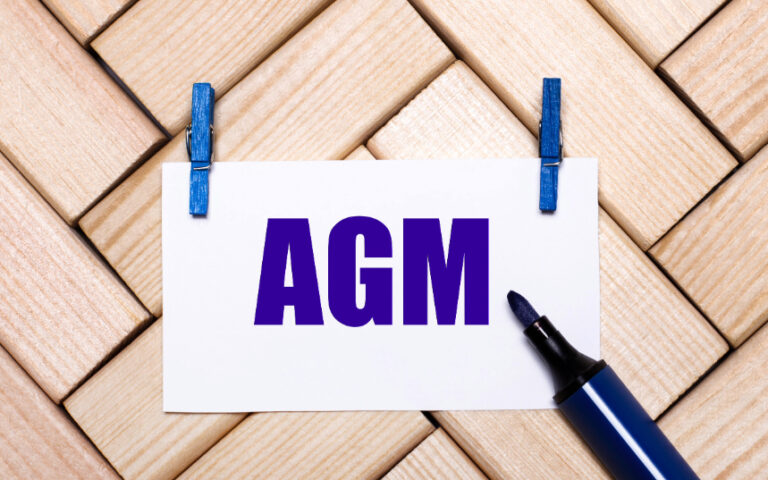This article was first published in the Financial Mail on 12 May 2022.
On May 5, two keynote speeches at opposite ends of the country presented two not only different, but completely incompatible visions for the just transition to a low-carbon future. Both visions are supported by the government. This consistently inconsistent messaging from within the Cabinet is a key reason for SA’s infuriating inability to address its energy crisis.
In Joburg, transport minister Fikile Mbalula opened the Presidential Climate Commission’s (PCC) just transition framework multi-stakeholder conference by speaking about the effect climate change is already having on people and the economy. He referred to the floods in KwaZulu-Natal, stating that the disaster had “put these climate impacts in sharp focus, causing catastrophic loss of life and widespread destruction”.
Mbalula emphasised that “it is poorer communities… that are most vulnerable to climate change” and that “renewable energy production will make electricity cheaper and more dependable, which will have positive knock-on effects on our energy-dependent economic sectors”. Renewables would “ensure an affordable and reliable supply of electricity for all citizens, to stimulate greater investment and employment in our country”.
In Cape Town, at McCloskey’s 2022 Southern African Coal Conference, delegates heard a very different message. In his opening address, World Coal Association (WCA) chair July Ndlovu argued in favour of the increased use of coal, and the use of “clean coal” and “carbon capture and storage” (CCS) technologies to offset emissions. Ndlovu was strongly supported by Mineral Resources & Energy deputy minister Nobuhle Nkabane, who also spoke in the opening session.
Ndlovu, also CEO of thermal coal miner Thungela Resources, assured the audience that the WCA is made up of “real people with family and communities (who) also want the best for the future of our planet”. However, he said, energy access is a “basic human right (and) coal is the only one realistic way for developing countries to alleviate energy poverty and maintain economic growth”. The WCA has a plan for “unambiguous and proactive engagement … to start educating the world about clean coal technologies”.
Unsurprisingly – given the audience – no-one asked Nkabane or Ndlovu to elaborate on how coal is currently contributing to the alleviation of energy poverty and the maintenance of economic growth in SA. No-one asked how they square their assertions that coal is required for energy “stability and reliability” with the fact that load-shedding is part of our daily lives, even though coal-fired power generation provides about 85% of our electricity.
Since the 1970s, hopes have been raised that “clean coal” technologies could reduce emissions. But every big “clean coal” project on earth has failed, due to expense and technical problems. The WCA itself estimates that building the “ultra-supercritical” plants that reduce some CO2 emissions entails a 40% increase in capital cost, with a reduction in CO2 emissions of about 22%. Pursuing this option would hugely increase the cost of energy, and not do nearly enough to reduce emissions.
As for CCS, the International Energy Agency’s 2010 CCS Roadmap predicted the development of 60 large-scale CCS projects by 2020, 500 by 2030 and more than 1800 by 2050. In reality, the Global CCS Institute noted that, in 2021, there were 27 operational CCS plants in the world, with total carbon capture estimated at less than 0.1% of fossil-fuel CO2 emissions.
Mbalula expressed pride in being part of the PCC, working with “fellow ministers and fellow commissioners to drive a just and equitable transition in SA – bringing together government, business, labour, academia, youth, and civil society in an innovative social partnership”. But if the government itself does not soon start speaking with one voice on the just transition, the nature and timing of which will determine the future for everyone in SA, we’ll keep treading water in the dark.
Eskom COO Jan Oberholzer participated in several of the coal conference panel discussions. I keep replaying in my mind his calm, insistent repetition of one simple fact: Eskom must retire 22GW of coal-fired capacity by 2035 – not because it is desperately concerned about carbon emissions, but because so many of its power stations are already stretched to or beyond breaking point.
Oberholzer said, again and again: “I don’t think anybody in this country understands what that means. We’re just sitting here talking.”
IMAGE: 123RF / nordroden






